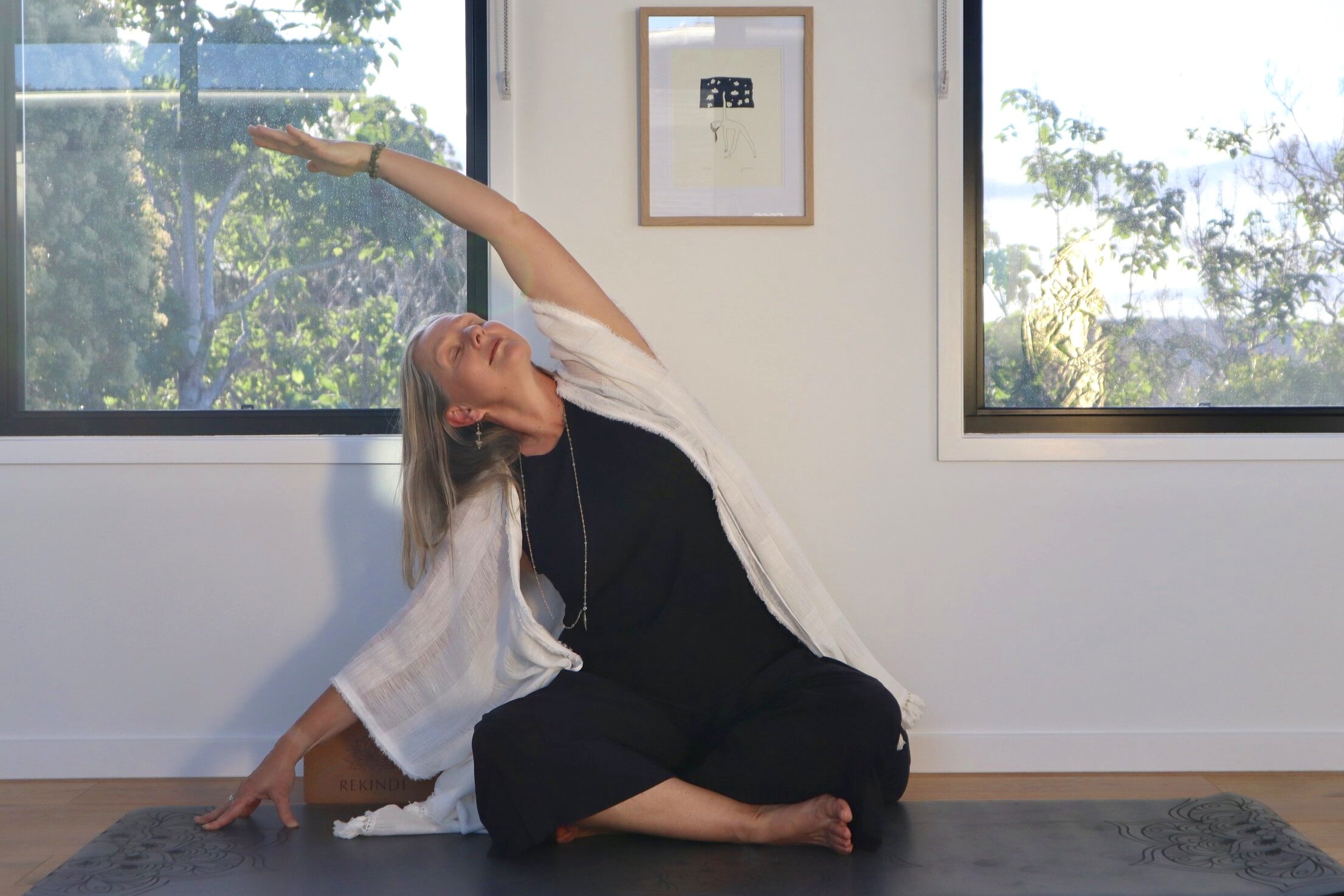Sleep Serenity: Quieting the Racing Mind with Sleep Hygiene, Hypnotherapy, and Breathwork
In the fast-paced rhythm of our modern lives, the struggle to quieten the mind before sleep is a familiar challenge for many. Racing thoughts, stress, and anxiety often disrupt the tranquillity needed for a good night's sleep. In this Blog, we will explore the synergy of proper sleep hygiene, Hypnotherapy, and breathwork to create a powerful trifecta for silencing the mind and fostering serenity before bedtime.
Understanding the Racing Mind:
The racing mind phenomenon is a common byproduct of our hectic lives, often fueled by stress and an overactive thought process. To address this, a holistic approach that combines proper sleep hygiene practices with therapeutic techniques is crucial.
Embracing Proper Sleep Hygiene:
1. Establish a Consistent Sleep Schedule: Set a regular bedtime and wake-up time, even on weekends. This helps regulate your body's internal clock, promoting better sleep.
2. Create a Relaxing Bedtime Routine: Engage in calming activities before bed, such as reading a book, taking a warm bath, practising gentle stretching, or listening to a Yoga Nidra. This signals to your body that it's time to wind down.
3. Optimise Your Sleep Environment: Ensure your bedroom is conducive to sleep by keeping it cool, dark, and quiet. Invest in a comfortable mattress and pillows to enhance your overall sleep quality.
4. Limit Screen Time: Reduce exposure to screens (phones, tablets, computers) at least an hour before bedtime. The blue light emitted can disrupt melatonin production, making it harder to fall asleep.
The Power of Hypnotherapy and Self-Hypnosis:
1. Understanding Hypnotherapy: Hypnotherapy is a therapeutic technique that uses guided relaxation, focused attention, and suggestion to achieve a heightened state of awareness. It can be a powerful tool to quieten the racing mind and induce a state of calm before sleep. More information on how Hypnotherapy works and what it feels like can be found in this blog.
2. Self-Hypnosis Techniques: Learn and practice self-hypnosis techniques to guide your mind into a state of deep relaxation. This might involve visualisation, positive affirmations, or progressive muscle relaxation.
3. Guided Meditation for Sleep: Utilise guided meditation sessions specifically designed for sleep. These sessions often incorporate calming imagery and soothing narration to guide your mind away from racing thoughts.
Adding Breathwork to the Mix:
In the quest for a quieter mind, integrating breathwork into your routine can be a game-changer. Breathwork, the practice of conscious control over breathing, has profound effects on the nervous system, promoting relaxation and reducing stress.
1. Diaphragmatic Breathing (Deep Belly Breaths):
Inhale deeply through your nose, allowing your diaphragm to expand and your abdomen to rise.
Exhale slowly through your mouth, feeling your abdomen fall.
Repeat for several breaths, focusing on the rise and fall of your belly.
2. The 4-7-8 Technique:
Inhale quietly through your nose for a count of 4.
Hold your breath for a count of 7.
Exhale completely through your mouth for a count of 8.
Repeat the cycle for a few rounds.
3. Box Breathing (Square Breathing):
Inhale for a count of 4.
Hold your breath for a count of 4.
Exhale for a count of 4.
Pause for a count of 4 before inhaling again.
Repeat the cycle.
4. Mindful Breathing:
Focus your attention on the sensation of your breath as it enters and leaves your nostrils.
If your mind wanders, gently bring it back to the breath.
Continue for several minutes.
Integrating Breathwork into Hypnotherapy and Sleep Hygiene:
Combine these breathwork techniques with your hypnotherapy sessions or bedtime routine. Begin with a few minutes of conscious breathing to signal to your body that it's time to unwind. As you progress into self-hypnosis or guided meditation, maintain a steady focus on your breath to anchor your attention and deepen your state of relaxation.
Incorporating breathwork into your sleep hygiene arsenal offers a holistic approach to calming the racing mind. Experiment with these techniques to discover what works best for you, and gradually make them a staple in your nightly routine. By synergising breathwork, sleep hygiene practices, and therapeutic techniques, you'll be well on your way to achieving the serenity needed for a restful night's sleep.
Sweet dreams and peaceful nights await!
James Colliton
If you are looking for support in improving your sleep quality and quantity, please contact our wonderful team of practitioners. Our pre-recorded Yoga Nidra’s are popular for promoting restful sleep.

